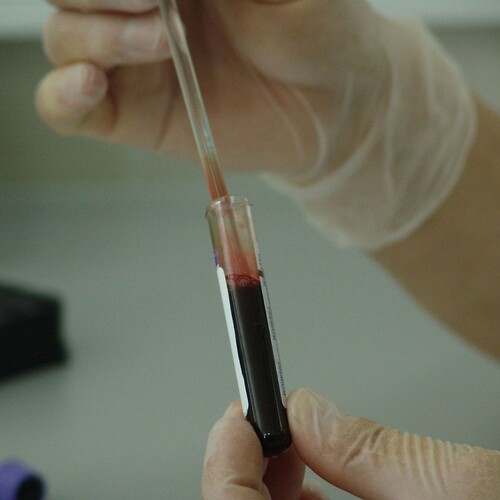
A non-invasive prenatal paternity test is a standard procedure for many expectant couples. In this process, a blood sample is drawn from the pregnant woman that contains cell-free fetal DNA, that is, the DNA sample of the unborn child. Similarly, a buccal swab is taken from the potential father, containing his DNA. The two samples are compared to establish paternity until 99.99 percent accuracy is achieved. However, if you are one of these mothers-to-be, you may have a few more questions regarding a prenatal paternity test. This article will provide answers to some common questions related to this type of testing.
Common questions regarding prenatal paternity test
What does non-invasive mean?
Non-invasive prenatal paternity testing (NIPP) is a way to determine the father's identity without putting the mother or child at risk. Before this procedure, methods like Amniocentesis and Chronic Villus Sampling were used where the unborn child’s DNA sample was collected from the amniotic fluid. This required inserting a needle through the cervix, making it an invasive procedure.
When is the best time to take the non-invasive prenatal paternity test?
The best time to take a non-invasive prenatal paternity test is typically between 10 and 13 weeks into the pregnancy. However, this testing can be done as early as seven weeks into the pregnancy. Although, for the most accurate results, it is recommended to wait at least 10 weeks.
Will a previous pregnancy impact the results?
A previous pregnancy will not impact the results of a prenatal paternity test. This is because the test looks at the father's DNA, which is passed down to the child through the father's sperm. The mother's DNA does not play a major role in this process.
Conclusion
If you have any doubts about who the father is, a paternity test is the best way to get answers. It's important to remember that you have options when it comes to testing, so be sure to talk to your doctor or a genetic counsellor to figure out what's right for you.
To get a prenatal paternity test or a blood test to determine the child’s gender, reach out to us at Prenatal Genetics Lab. Run by research scientists, we have decades of experience in human DNA diagnostics. Affordable and non-invasive, our tests are also highly accurate. To know more about our services, contact us today.



